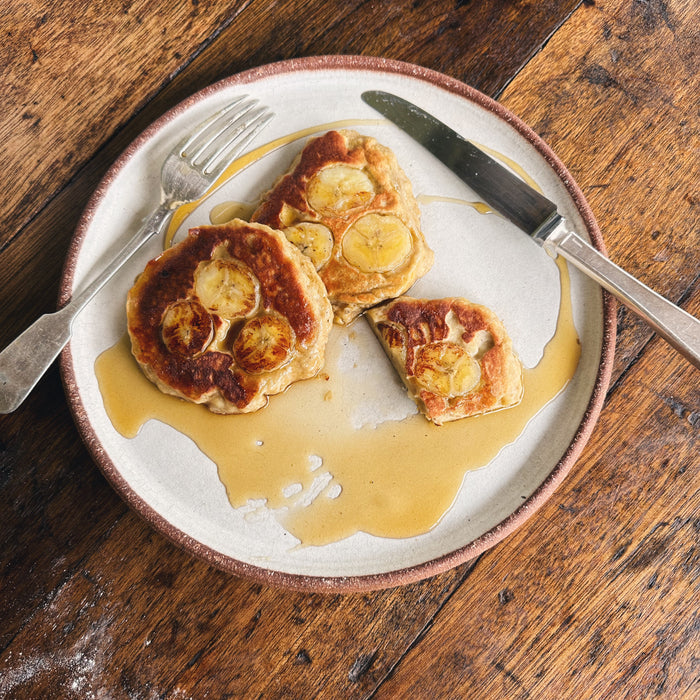BPA-Free But Still Highly Toxic
Bisphenol A (BPA), a chemical ingredient used in making a hard, clear plastic known as polycarbonate. It’s commonly used in reusable water bottles, infant feeding bottles, food containers and children’s sippy cups. Less commonly known is that BPA is also found in epoxy resins, which are used as a protective lining of metal-based food and drink cans. It is also used in thermal paper such as receipts, parking tickets and currency bills. Some other potentially more dangerous forms of thermal paper include ultrasound and other medical machine printouts which may be handled by pregnant women. BPA is a synthetic estrogen that has been identified as an endocrine-disrupting chemical, with proven links to a wide range of health disorders such as infertility, breast and reproductive system cancer, thyroid malfunction, attention deficit syndrome and recurrent miscarriage. Although it is still allowed in Australia, and both the Australian government and Food Standards Australia New Zealand (FSANZ) continue to maintain that there are no significant health risks from BPA in food packaging at its current levels, many manufacturers have responded to growing consumer concern over the safety of BPA and have voluntarily removed BPA from their plastic products. You may have seen that many products now come with “BPA free” assurances and stickers - but what has it been replaced with? Recent investigations have shown that BPA in many of these products has been replaced with an equally toxic chemical in the same class known as Bisphenol S (BPS). BPS is also a synthetic estrogen and a much less researched substance which may have worse effects to environmental and human health. As with BPA, BPS also interferes with hormone signalling and has been linked to the same health problems described above. Studies indicate that BPS is actually not only within the same range of toxicity as BPA, but also has a significantly higher uptake in the skin compared to BPA, is slower to degrade and therefore more likely to remain a persistent toxin and environmental pollutant. Unfortunately, this has enabled manufacturers of these products to continue to advertise their products as “non-toxic plastic” or “BPA-free”, while still exposing consumers (and in particular, children) to potentially harmful and less regulated chemicals. Although there has been some suggestion that BPS is less likely to leach into food and beverages because the bonds that hold the compounds in the plastic are stronger than those in BPA products, recent studies in the United States have found staggeringly high levels of BPS in urine samples, far exceeding the levels of BPA found in the general population. So how can we avoid these toxic chemicals? Some ways to limit exposure to BPA and BPS are to say “no” to receipts and avoid touching any type of thermal paper with wet hands as your skin is more likely to absorb BPA/BPS when wet. After handling thermal paper, avoid touching your mouth or face and wash your hands as soon as possible. For truly healthier BPA-free and BPS-free products, choose alternatives such as glass and stainless steel food storage containers and children’s lunchboxes. At Santos, we stock many alternatives to plastic food storage containers and ensure that the food and beverage products we source are also as free from all types of plastic and BPA/BPS as possible. We are dedicated to keeping our customers informed and will continue to monitor these developments and further investigate our BPA-free cans in light of these recent reports - keep an eye on our Facebook page for further updates!

